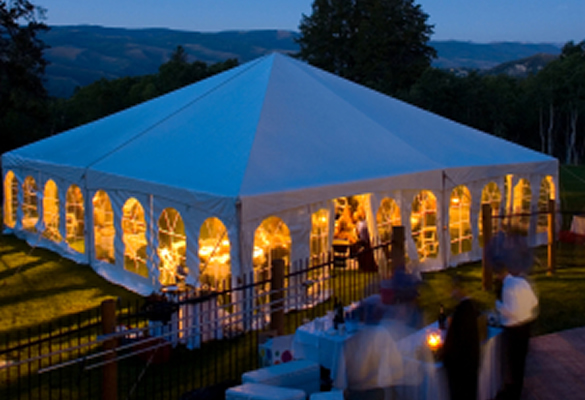Everybody That Can Stand It
Several years ago, a few friends and I got to play twenty questions with Dallas Willard. He was quietly brilliant, so we sat for hours, asking and listening. You can’t imagine how playful and humble he was. And his answers weren’t winding and spider-webby and complex. His answers were laser beams, but laser beams that were suffused with the tenderness that comes from marinating in wisdom.One person asked, “Who do you think will go to heaven?”Without blinking or pausing, he smiled, quietly chuckled, and said, “Everybody who can stand it.”Everybody who can stand it.What?Everybody knows the story of the Prodigal Son. The younger son wanted his inheritance, so he got it, then squandered it, then returned home to work as a slave. But when he finally returns, the Father receives the son as a Son instead of a slave, lavishing him with grace and mercy.He puts the family ring on his finger, the one the father uses to sign official documents. He’s saying, “I trust you.”He puts the best robe on him, reminding him of his unsurpassable worth. He’s saying, “You are valuable to me.”He slaughters the fattest calf, uncorks the best wine, and invites everybody to a celebration. He’s saying, “I want everybody to know that you’re back, and that I accept you.”Be the prodigal son for a moment, as you walk into the celebration and see everybody. They know where you’ve been. They know what you’ve done. But your father is there, walking in with you, arm around your shoulders and beaming with joy. So you keep walking, you find your place, you sit down, and it finally dawns on you: I never deserved any of this. I’m the worst person here, being treated like the best. And you breathe for the first time since your return. This is my father’s table, and that’s how it works around here. So you get up and dance.Were there whispers? Did anybody wonder if the father had lost it? Who does this kind of thing?Can you stand it?It is a story of redemption, reconciliation, and second chances. It is a staggering love story, which paints a picture of the kind of Father that God is. It ends with a huge feast, celebrating that what once was dead, is now alive.It is a picture of the end of things; it’s where everything is headed. God is making all things new, and at the end of all wars, all tears, all pain and suffering, there will be a table, and a chair, and a card with your name on it.And there will be dancing.At the end of all things, you will celebrate. There will be music. You will dance. You will eat. At the end of all things, all will be made right, and you will be there.Unless you can’t stand it.And this, it turns out, is the point of this story.The older brother, the one that didn’t squander, the one that got up at 5am every day and worked, the responsible one, the trustworthy one, is furious.Be the older son for a moment, your years of labor trickling down your back and collected on your brow, and you hear music and laughter and celebration. You know what he’s done. You know where he’s been. You hate him. And your father is ushering him in, arm around his shoulder, beaming like a brand new father. As you go into the shed to put away your tools, you think, “I’m the one that deserves that kind of treatment. If this is the way my father’s table is, if those are the kind of people who are celebrated, then I don’t want any part of it.”He refused to go in.His father came out and begged him to come and eat and dance and celebrate this new life that had come from death. His father begged him to take his place at the table.And the story ends there. The credits roll. If this were a movie, this is the part where you scream, “What? That’s it?”We don’t know what the older brother chooses. Does he go in? Does he hug his younger brother? Or, does he stay in the field? Does he leave and never return?Can you stand it?
